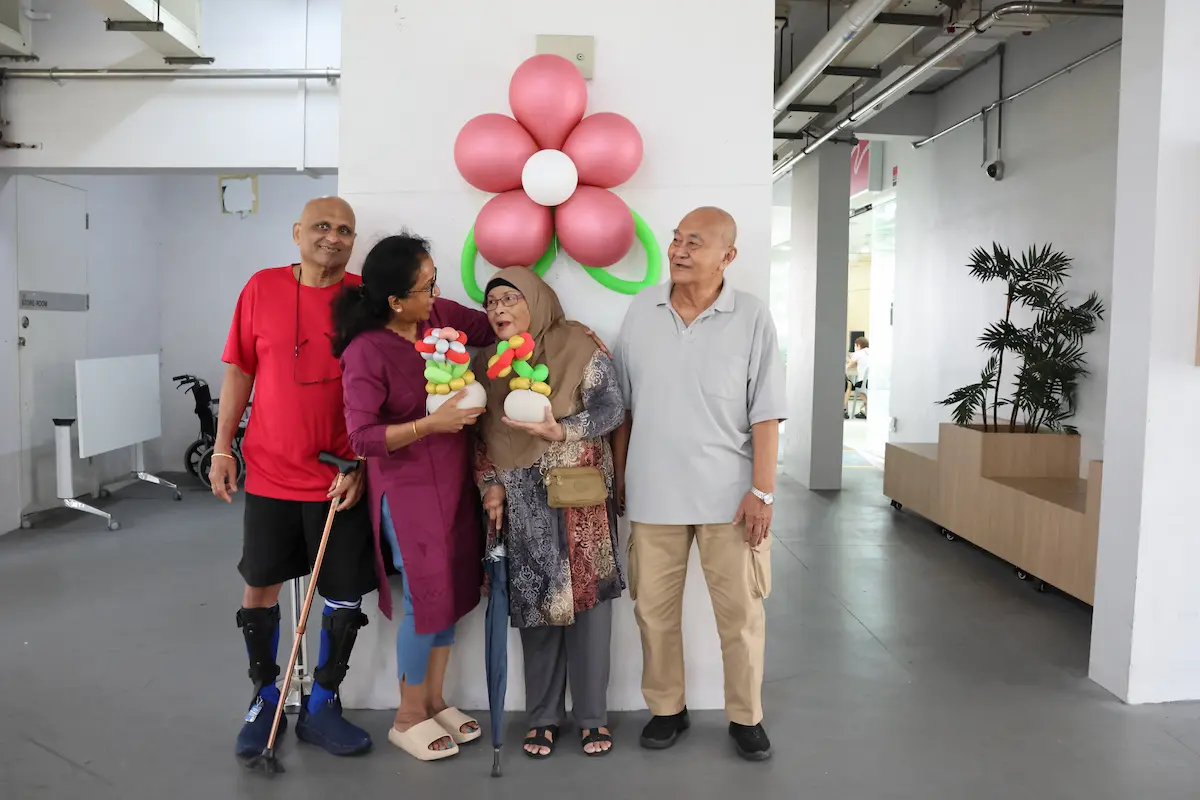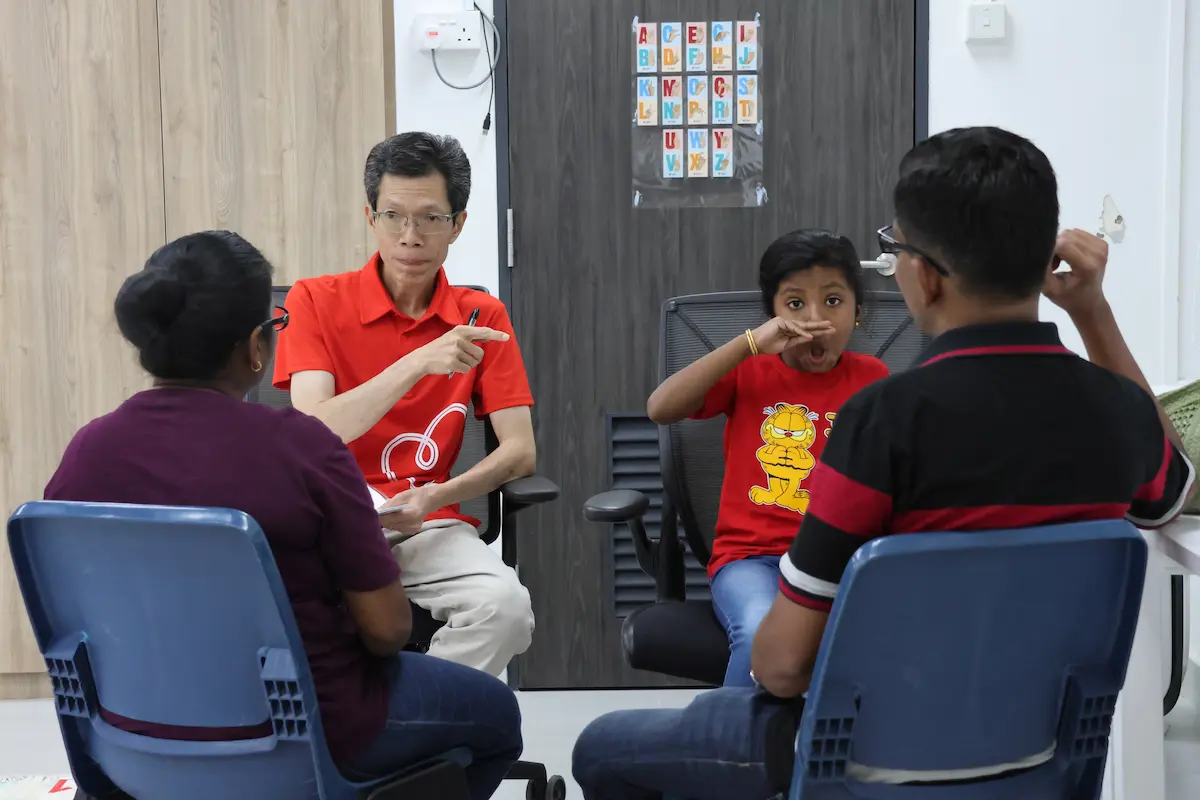Elderly Depression: Common Causes, Signs and Interventions

One’s golden years are supposed to be a time of enjoyment and relaxation after spending most of adulthood working hard. Yet, this isn’t the case for some seniors, who struggle with depression in their later years, preventing them from living their lives to the fullest.
Here are some common causes and signs[1] of elderly depression.
CAUSES OF ELDERLY DEPRESSION
Loneliness
Grief over the loss of their spouse, family members or friends might result in a sudden feeling of loneliness. Children moving out of the family home or to another country may also cause the elderly living alone to feel lonely.Physical Frailty
People get frailer as they age and may lose their mobility, preventing them from moving about freely in their home or heading out. This restriction or confinement often causes them to feel trapped.The isolation due to infection control measures to contain the COVID-19 situation has also led to an increased risk of depressed moods in many seniors.
Mental Frailty
Memory loss, dementia and Alzheimer’s are common forms of mental deterioration that cause confusion and disorientation in seniors, which could subsequently lead to anxiety and depression.A change in lifestyle or routine for retired seniors could also cause mental stress and deterioration. Having to adapt to a new lifestyle after retirement or being retrenched can be difficult. They are no longer directed by the routine that they had been following for a long time and no longer get to meet with larger groups of people. This may result in the elderly feeling aimless and helpless, not knowing what or how they can continue to contribute. Our fast-paced lives and an increasing dependence on technology may cause them to feel lost or left behind.
SOME SIGNS OF ELDERLY DEPRESSION
- Mood changes; becoming increasingly withdrawn, reluctance to engage in conversation
- Change in eating habits or loss of appetite
- Loss of weight over a short period of time
- Poor concentration
- Always feeling tired
- Having negative feelings such as excessive guilt, worthlessness and helplessness
- Expressing suicidal thoughts
WHAT CAN LOVED ONES DO TO HELP?
It can be painful for you to witness your aged loved one slipping into depression, and you may even feel helpless. But there are things you can do to support them and help make things better. Here are some tips by TOUCH Caregivers Support to note if you suspect that your elderly loved one is struggling with depression.
Identify depression in your elderly loved one and the possible causes
Do bear in mind that there is a difference between experiencing a depressed mood and having depression, the latter being when the person’s mind is overwhelmed and cannot deal with the issue. The brain is rewired, they continue to stay in that state for awhile and it affects their ability to properly function from day to day. Identifying the cause of depression is a key first step to getting your elderly loved one the help and treatment that they need to get better.
Consult medical professionals
If you suspect that your elderly loved one has depression, speak to the regular medical professionals that support them, be it their GP or regular doctor at the hospital. Get their support to examine or assess your loved one, or get their referral for services that might help your loved one.
Practice open communication with your loved one
It is good to build an open relationship with your elderly loved one, so that they feel safe and comfortable enough to approach you should they need help or support. Make it a habit to interact with them frequently and to spend time with them, so that you can better spot changes in their behavior.There is no one-size-fits-all solution to managing elderly depression, and the symptoms and effects can vary from person to person. Don’t be afraid to ask for help or seek support as a caregiver, since depression can be a complex issue that is challenging to deal with. The TOUCH Care Line staff are well-trained to provide solutions to such situations, and will be able to direct you to relevant resources and services that can aid you in providing the best care for your aged loved one.
As the state of healthcare improves and people start living longer, it is important to ensure that the elderly continue to live well both physically and mentally. With the right action taken and appropriate treatment options, you can help your aged loved ones experience a better quality of life and improved relationships.
If you have any enquiries on caregiving for a loved one please call TOUCH Care Line at 6804 6555 (Monday to Friday, 9am to 5pm). Our team of care coordinators will help to address your needs.
TOUCH Caregivers Support (TCG) was set up to help caregivers of older people cope with the challenges of caregiving. TCG also works closely with TOUCH Home Care’s (THC) trans-disciplinary team of doctors, nurses, occupational therapists, physiotherapists and care coordinators to offer a suite of home-based care and support services. TCG also provides a one-stop service for home modifications to create a safer home environment for the elderly and their caregivers.


